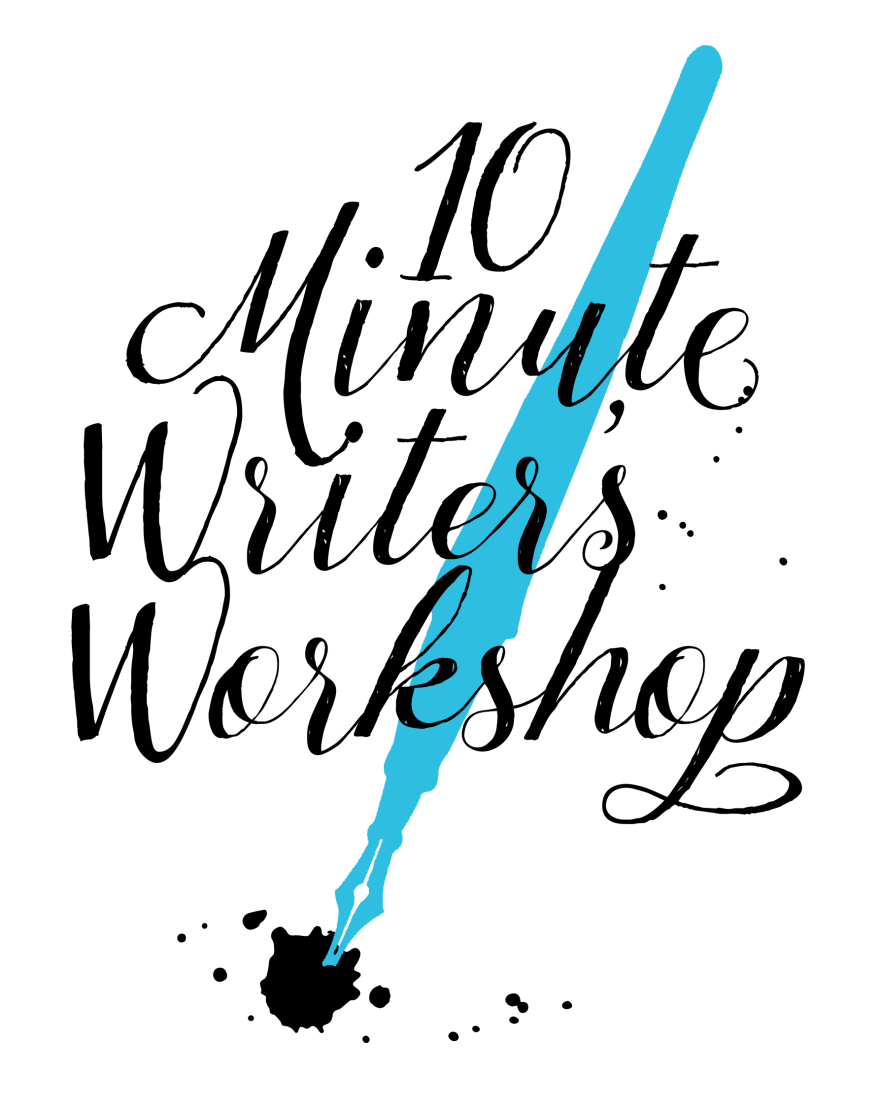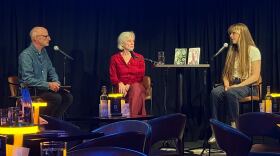Alice Dreger is a historian of science, anatomy, and medicine, known for her work studying and advocating for people born with atypical sex disorders. She famously resigned from Northwestern University in protest of academic censorship, and gained some infamy on Twitter for live-tweeting her son's sex education class. We had a delightful chat with her about her writing process in advance of the paperback release of her book, Galileo's Middle Finger: Heretics, Activists, and the Search for Justice in Science.

What's harder to write - the first sentence or the last?
I think maybe the first sentence is harder, because I married a guy who double majored in chemistry and English, and he insists on really outstanding first lines. He holds up the best lines out of literature and makes me match them.
That's a pretty heavy standard.
It is. I hear from people that they love my opening lines, but that's because they're written ten thousand times over.
How much research do you have to do before you start?
I'm a historian, and historians find that you can never end in terms of research. You can always ask the next
"well, why did that happen?...why did that happen?...why did that happen?" But eventually you reach a point where you you have to tell the story, so I keep researching until I think I've got a really good sense of the truth of the story and when I've got enough to tell the story well.
Listen for the full interview!








